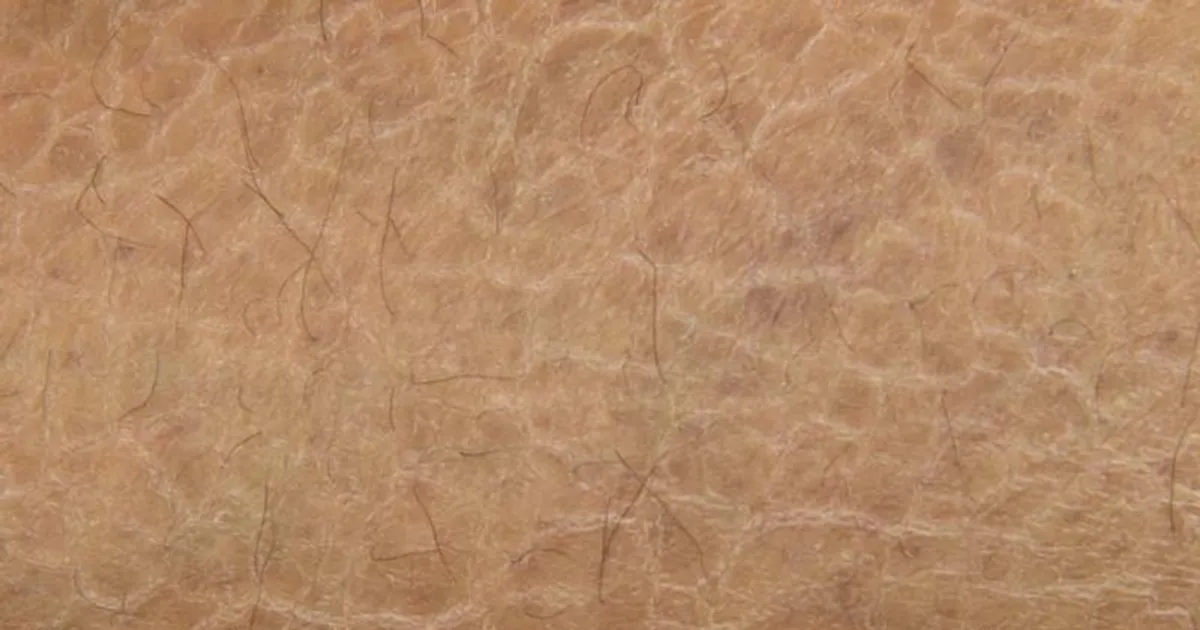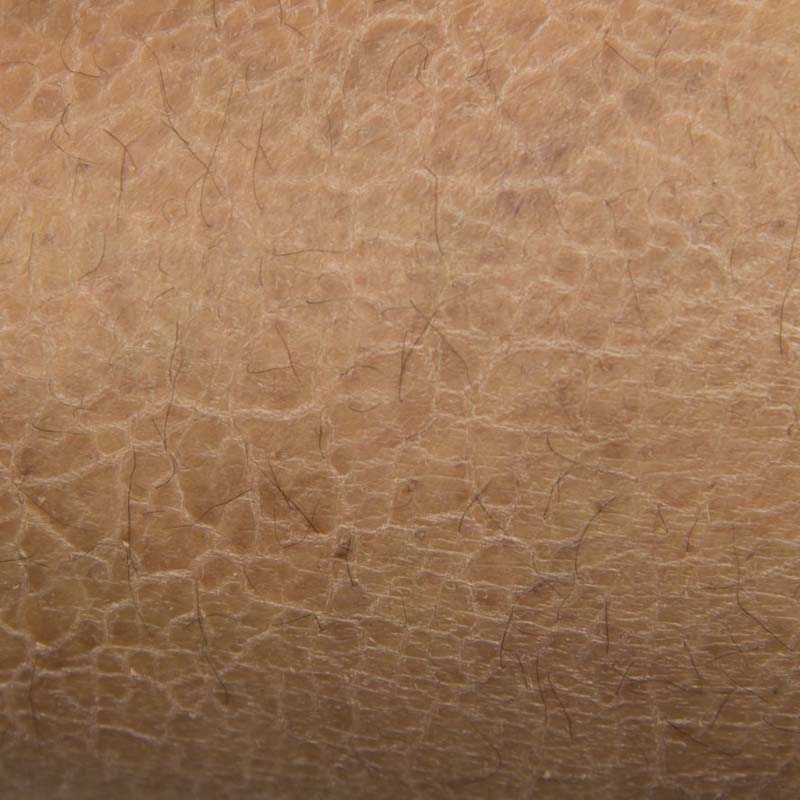Psoriasis is one of the most common skin ailments experienced by children, teenagers or adults but is often difficult for someone to diagnose. Because the symptoms of psoriasis are similar to other skin problems, an individual may misdiagnose themselves, leading to using the wrong treatments. Medical researchers are still trying to understand this skin condition but do know that it has something to do with the body’s immune response. An individual may experience localized patches of psoriasis or have it covering their entire body and face.
Symptoms of Psoriasis
Symptoms experienced by patients include:
- Skin plaques
- Papules
- Scaly patches
- Red lesions
Individuals suffer from itching during psoriasis break outs, making their lives miserable. In addition, some people have a chronic form of psoriasis while others have recurring episodes.
Types of Psoriasis
There are several types of psoriasis that have a slightly different appearance or manifest on particular parts of the face or body. The five main varieties of psoriasis include:
- Erythrodermic – affecting the entire body and face
- Pustular – primarily causes pustules
- Inverse – affects the folds and creases of the face and body such as the ears
- Guttate – causes red lesions on the limbs and upper trunk
- Plaque – hardened skin found on knees and elbows
Where Does Psoriasis Occur?
One of the most common skin ailments is plaque psoriasis that causes white and red scaly patches on an individual’s top layer of skin. The silver and white color of the skin plaques are caused by rapid skin cell formation. Individuals find these plaques on these locations of the body:
- Soles of the feet
- Palms of the hands
- Scalp
- Knees
- Elbows
- Toenails
- Fingernails
What Causes Psoriasis?
A large number of people have some type of psoriasis that increases their chances of having ulcerative colitis, Crohn’s disease or cardiovascular conditions. As one of the most common skin ailments, researchers believe psoriasis has a genetic component since many individuals in the same family experience similar symptoms. However, there are also environmental triggers such as a skin injury, emotional stress or allergic reactions that cause psoriasis break outs. With all types of psoriasis, the body’s immune system considers a normal skin cell as a pathogen, leading to faulty signals that lead to an increased production of new skin cells.
Psoriasis Causes Intense Itching
This causes an individual to have the red and silver lesions on the face and body that are the most recognizable symptom of psoriasis. The lesions on the skin are often encircled with inflamed tissue that itches. As an individual’s body tries to rid itself of the inflammation, the skin begins to exfoliate at a rapid pace, causing more itching. This exfoliating process causes someone to have constant flakes of skin on their clothing or bedding. Occasionally, psoriasis causes pustules on the skin with inflammation that leads to nausea, body aches and fever. Pustular and guttate psoriasis are caused by an infection from bacteria and require treatment quickly to avoid complications.
 Shutterstock.com
Shutterstock.com